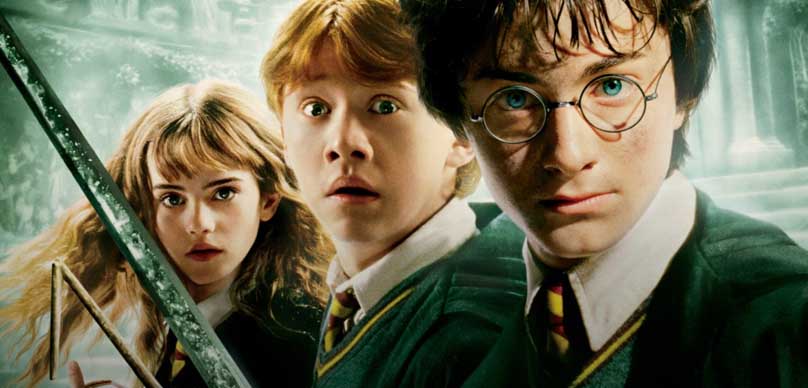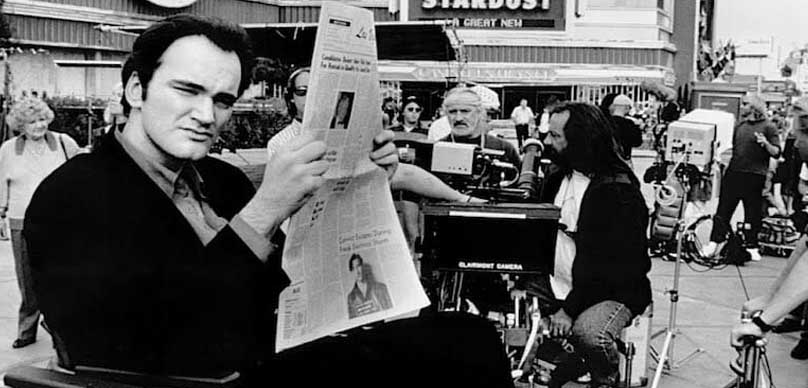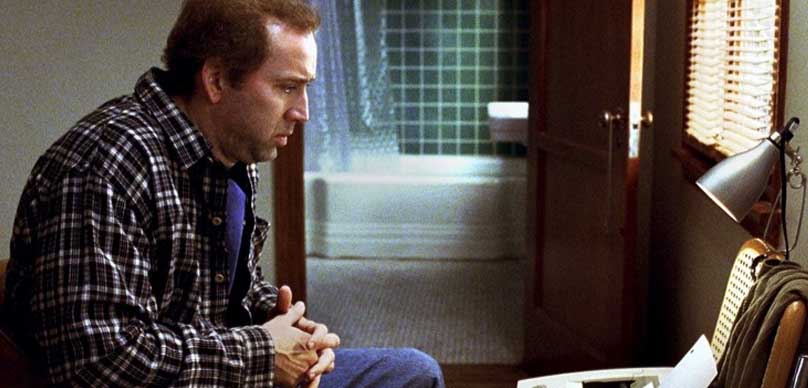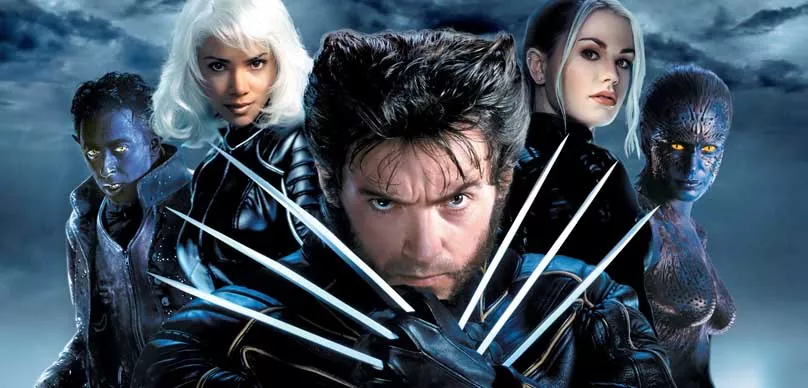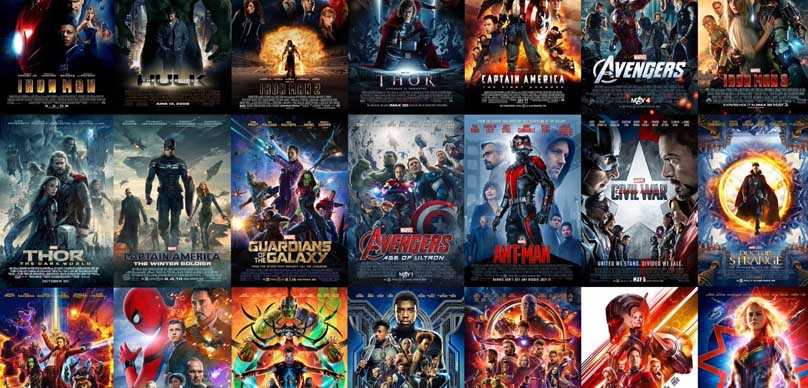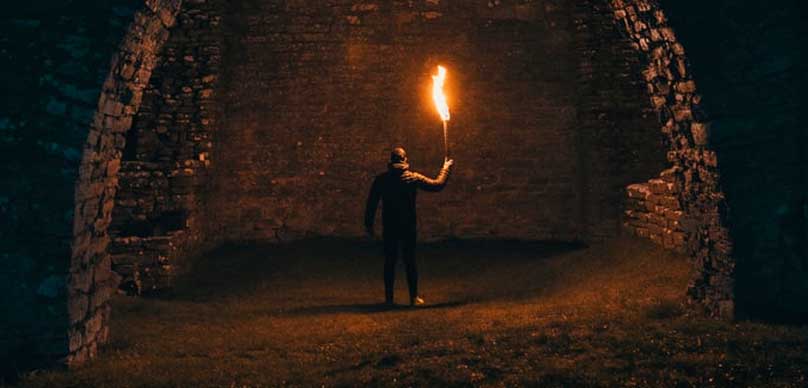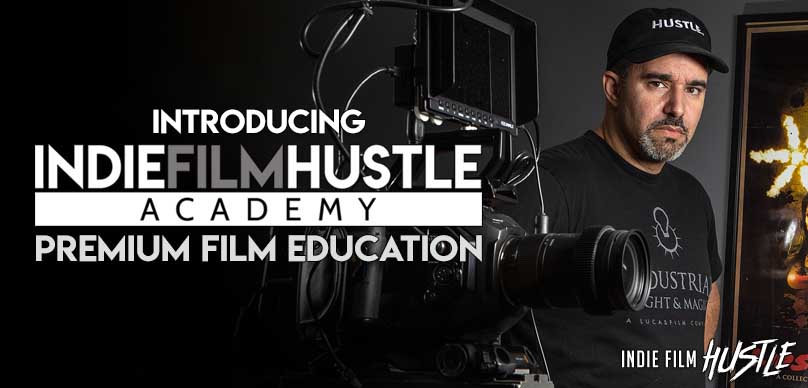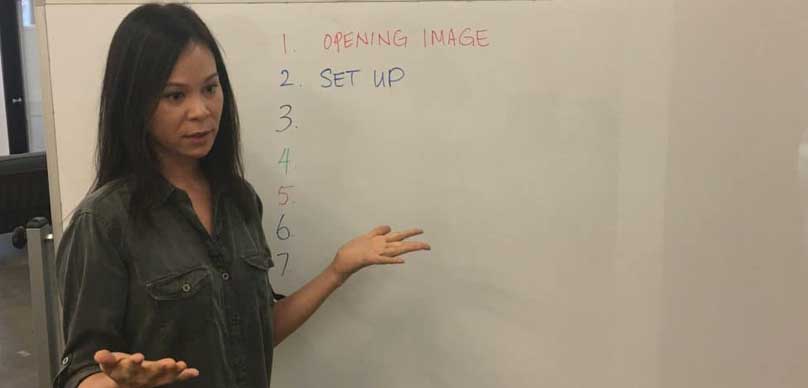Well, I’ve been busy during this quarantine. I was racking my brain on how I could provide more value to the Tribe so I create the IFH Academy. The IFH Academy is the home of exclusive online courses on filmmaking, screenwriting, film distribution, cinematography, and more.
I wanted to bring you the best film education I could so I partnered with industry powerhouses like award-winning film producer Suzanne Lyons, master cinematographer Suki Medencevic, A.S.C, and screenwriting guru and best-selling author Geoffrey D. Calhoun.
Screenwriting guru and best-selling author Geoffrey D. Calhoun and I teamed up to create The Screenwriter’s Guide to Formatting.
Don’t let formatting derail your screenplay. Learn how to format your screenplay in the Hollywood Standard. The course walks you through how to properly format your screenplay in the Hollywood standard. We breakdown formatting for the feature film, 30min multi-cam/single-cam television show, documentary, split-screen, scriptments, and the one-hour television drama.
Geoffery and I are working on more screenwriting courses cover structure, development, dialog, characters, and more.
Click here to access The Screenwriter’s Guide to Formatting
If you are a budding filmmaker/producer and want to learn how to produce a low-budget film then Suzanne’s Lyons course The Complete Indie Film Producing Workshop is for you.
Award-winning film producer Suzanne Lyons is about to take you from script to screen and beyond in this Mastermind workshop. After producing a number of bigger budget features Suzanne thought producing the SAG ultra-low and modified budget films would be a piece of cake. Boy, was she wrong.
Wearing 100 different hats was a challenge and she learned so much. And now she will be sharing all that great info with you. This workshop is unique in that it will literally guide you through the entire process of making your film. For special pricing click here.
You can sign up for a FREE 3 Part Video Training on Low Budget Film Producing so you can get a taste for the course.
Check out Suki’s game-changing cinematography course Light and Face – The Art of Cinematography
This workshop will walk you through how to light the most important and emotional subject you could put in front of your lens, the enigmatic face on a low budget. This workshop is unique in that it will literally guide you through the entire process of making your film. Taught by award-winning cinematographer Suki Medencevic A.S.C.
Along with these great instructors I’ll be creating exclusive courses as well. After getting bombarded with requests to create this course I finally took action to bring it to you, the Tribe. My first course out of the gate with be: Film Distribution Blueprint
This course will be the course I wish I had when I was trying to sell my first film. It will cover how to protect yourself from predatory film distributors and aggregators, what to look for in a distribution agreement, VOD Myths, film deliverables, working with sales agents and producers reps, film markets, and much more.
If you sign up now you can get early access and special pricing. Click here
As you can see I’ve been busy. I plan to create a Filmtrepreneur Masterclass as well as many more exclusive courses for IFH Academy. So if you are quarantined at home right now, and let’s face it you probably are, there is no better time to start adding tools to your toolbox.
I truly hope these courses can help you on your filmmaking or screenwriting path. I have big plans for IFH Academy. New courses, world-class instructors, and much more. Take a look around the site and let me know what you think.
Be well and stay safe out there. As always keep that hustle going and keep that dream alive. I’ll talk to you soon.
Right-click here to download the MP3
SPONSORS
- Bulletproof Script Coverage – Get Your Screenplay Read by Hollywood Professionals
- Audible – Get a Free Screenwriting Audiobook

